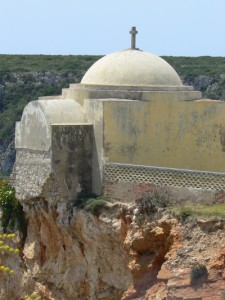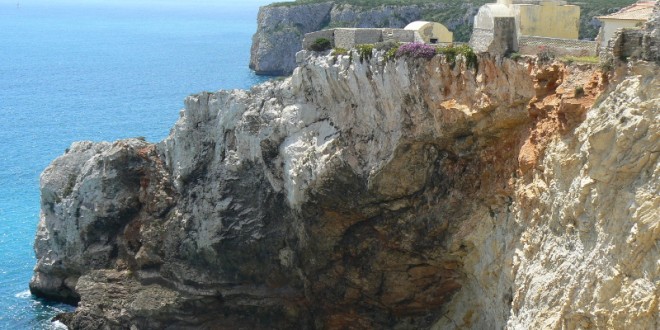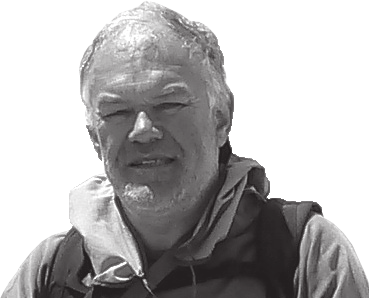
Sagres. After 15 years, the Forte de Beliche has, like Sleeping Beauty, been woken from its sleep. Once upon a time, guests could eat well and sleep here. But then the small, loss-making, 5-star pousada was closed by the state, given up, forgotten. In the mid-1990s, a landslip underneath the chapel of Henry the Navigator (1391-1460) triggered fears that the whole monument could slide into the sea. The work that is needed to make it geologically safe is today more a question of high architectural art, of the money needed to provide this and of political will.
In the search for identity, a state and its institutions undoubtedly need a certain inner maturity as well. Both the DGEMN*and IPPAR*, which hand in hand repeatedly risk, suppress and forget that identity and their cultural values of national significance owing to lack of money, are grossly negligent and show no vision. The fort was destroyed by the 1755 earthquake and not rebuilt until 1960: something similar is about to be repeated. Day by day, nature is taking back what humans have built on the cliff tops.
Last year, the mayor Adelino Augusto da Rocha Soares had the courage to buy the right from the Portuguese state for the next 20 years to take charge of the small fort which is still in danger of collapsing: it cost 4,000 euros. Close to 20,000 euros have already been invested in an initial restoration. Perhaps the idea of having the Forte de Beliche declared a UNESCO cultural heritage site is coming just in time. What is needed is to secure the chapel’s foundations sustainably and stabilise them in the long term. For this, of course, several million euros of capital will be needed. Anyway, the gates are now open for a – perhaps final – visit.
IPPAR = Instituto Português do Património Arquitetónico
 Eco123 Revista da Economia e Ecologia
Eco123 Revista da Economia e Ecologia



